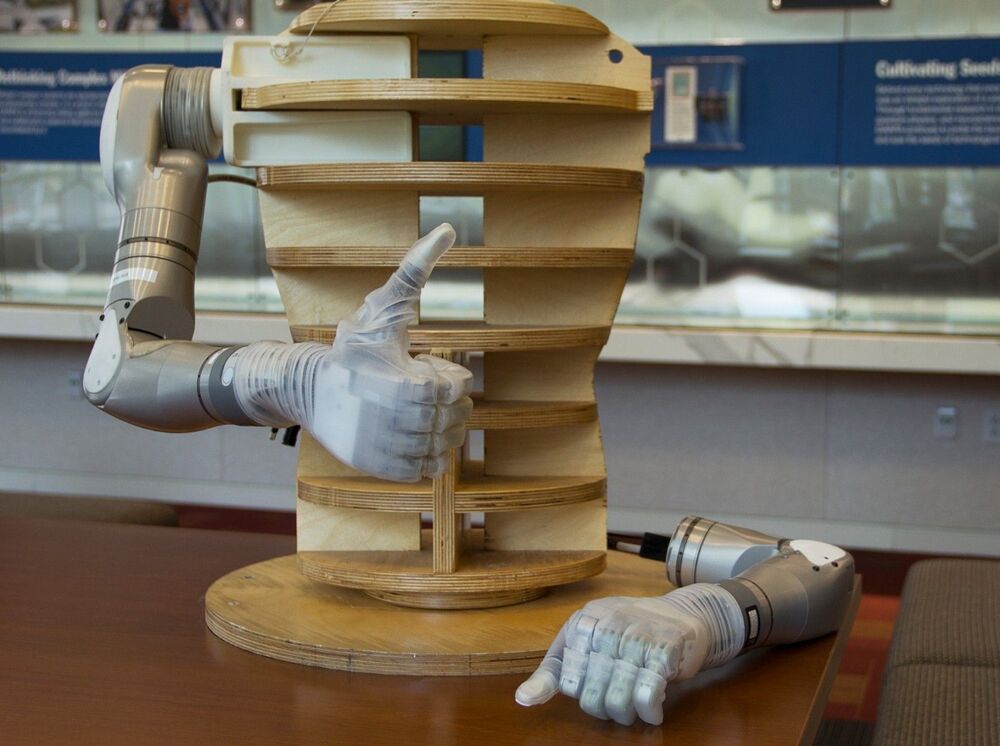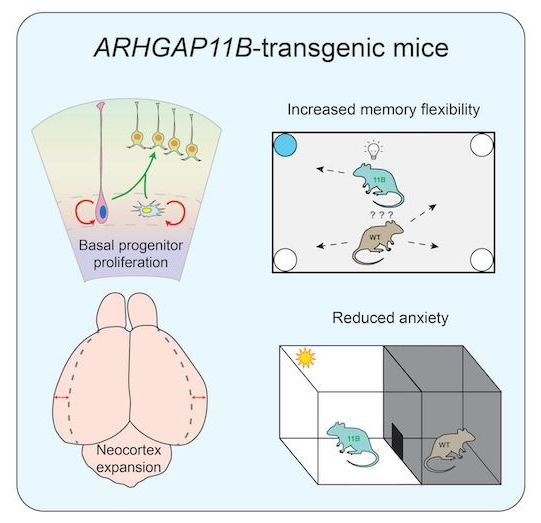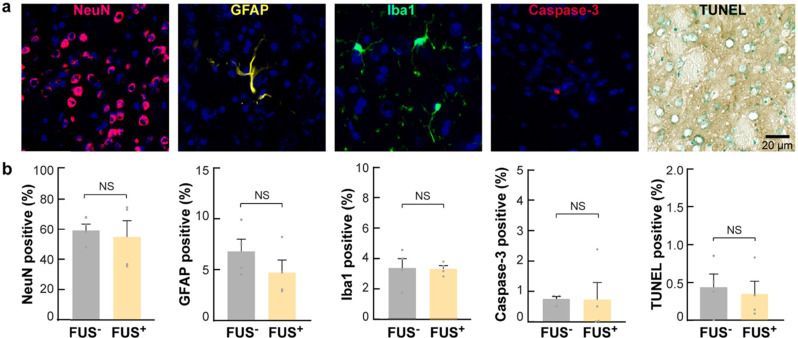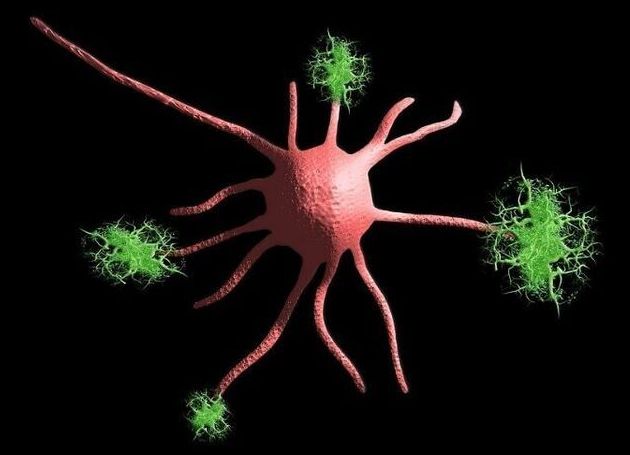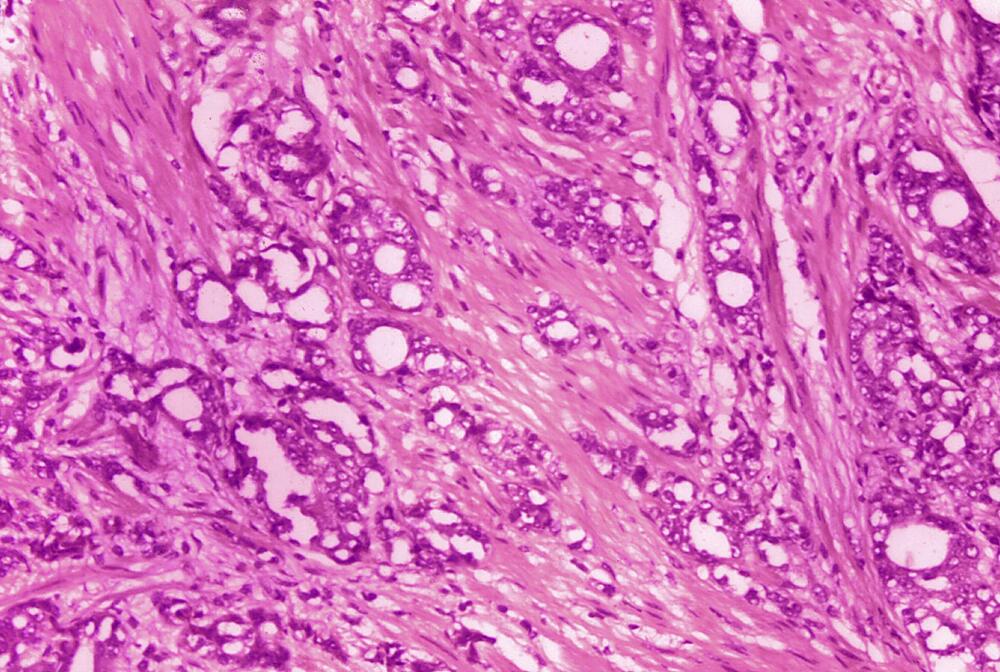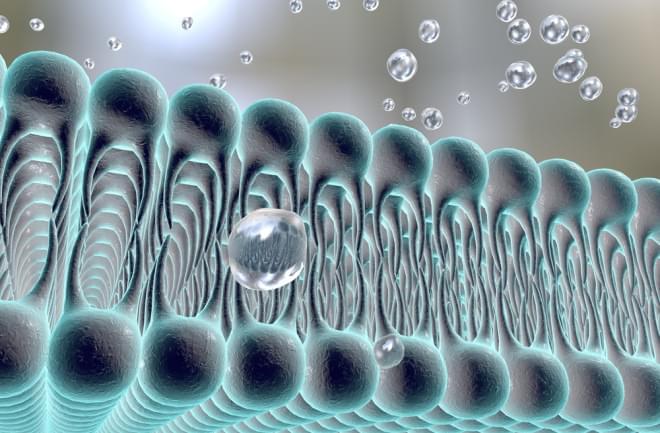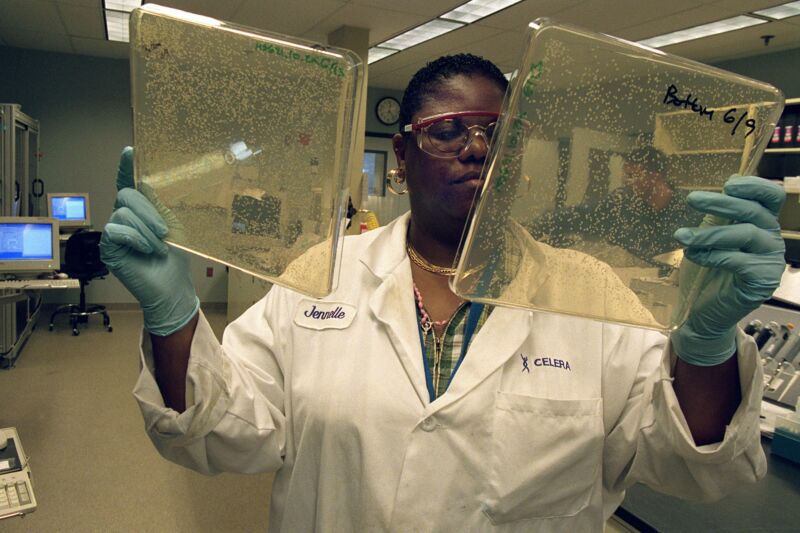The White House recently announced its vision for an Advanced Research Projects Agency for Health, or ARPA-H. RAND researchers explain what it might take to ens… See More.
DARPA also maintains an extremely high tolerance for failure. The modest budgets of the NIH, combined with an enormous pool of applicants, force these institutions to bet on low-risk research that guarantees incremental progress. ARPA-H could take a different approach than NIH by accepting a much higher tolerance for failure, so that researchers are not discouraged from dreaming big.
The scientific methods behind the products of ARPA-H might gain public trust if the agency made a point of being transparent and accessible. Consider how the rapid development of the COVID-19 vaccine was met with incredulity and suspicion, slowing progress toward herd immunity. An investment in ARPA-H could accelerate the time it takes to get innovative ideas from “bench to bedside,” but it could benefit from informing the public about incremental advancements in a way that is easy to understand.
The president’s vision for ARPA-H could help get more medical treatments to market sooner. Building on lessons from DARPA and NIH, the proposed health agency has the potential to pursue the kind of high-risk research that can lead to high-reward results.
